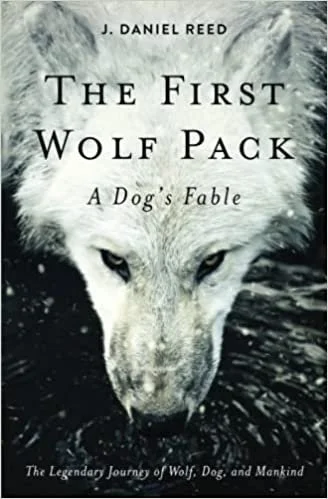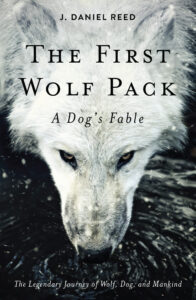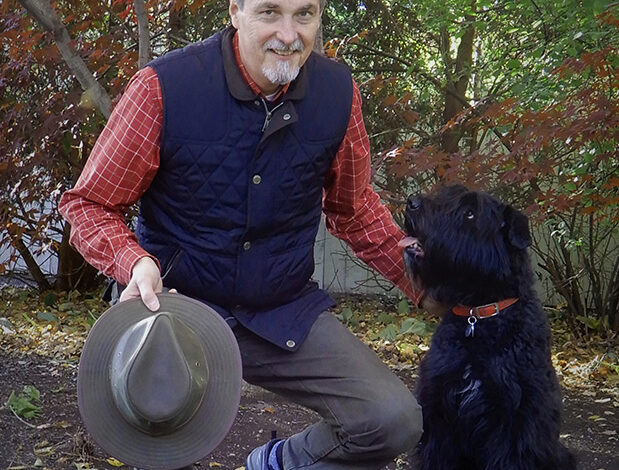Author to Author: Sharing Books and Inspiration
By J. Daniel Reed
Congratulations to the Arlington Heights Memorial Library program team and volunteers for the Lit Stoll, Saturday June 25th held in four downtown Arlington Heights establishments. It was an extremely well-organized event, featuring four Illinois authors—all of whom were wonderful to meet and listen to. I enjoyed the event author to author, sharing books and inspiration.
Jon Seidel, federal courts reporter for the Chicago Sun Times and true crime author of Second City Sinners
Mia P. Manansala, award winning mystery/thriller author and her Tita Rose Kitchen Mystery series
Lisa Barr, New York Times bestselling author, and her latest release Woman on Fire
Elizabeth Berg, New York Times bestselling author, reviewing her beloved Mason series and more of her work
On a personal note, while impressed with all of the authors, I want to express what a thrill it was to meet Elizabeth Berg and to hear her thoughts on the importance of reading, on her experience writing books, and on how she came to be an author. IMHO, she is an incredibly talented and lovely soul. While there is no doubt, she inspired many in attendance with her presentation, she especially inspired me to continue my effort to write stories that have personally and socially redeeming messages.
She reassuringly confirmed that while writing, character’s personalities often surprise her as they are developed, and they can lead her storytelling in unexpected ways. This reality of writing is expressed by current and past authors, including two of my favorites, Ernest Hemingway and Dean Koontz. Having experienced this myself writing The First Wolf Pack and again with my pending novel (coming this fall) it was big-time supportive of my new author experience. Thank you, Elizabeth Berg!




Recent Comments